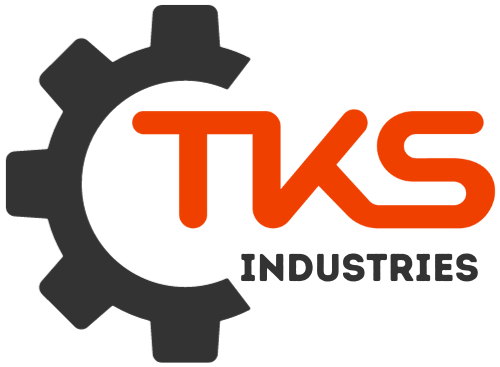[ad_1]
The Ultimate Guide to Used Injection Molding Machines: Navigating the Secondhand Market
For businesses looking to enter the world of plastic manufacturing or expand their existing operation, purchasing a used injection molding machine can be a smart financial move.
This guide illuminates the key considerations when wading into the used injection molding machine market, ensuring you make a wise investment that meets your specific needs and budget.
1. Understanding Your Needs:
Before you start shopping, clearly define your requirements:
- Material: Will you be molding thermoplastics, thermosets, TPEs, or a combination?
- Production Volume: How much output do you need per hour or day?
- Mold Size: What are the dimensions of the molds you’ll be using?
- Precision Requirements: What level of dimensional accuracy is crucial for your products?
- Budget: Set a realistic budget range, factoring in the cost of the machine, delivery, installation, and potential repairs.
2. Researching Machine Types and Specifications:
Familiarize yourself with the common types of injection molding machines:
- Horizontal Machines: Typically offer higher clamping forces and are suitable for larger molds and thicker parts.
- Vertical Machines: Require less floor space and are often used for smaller molds and parts with intricate details.
- Servo-Driven Machines: Use servo motors for more precise control and energy efficiency compared to hydraulic machines.
Pay close attention to the following specifications:
- Clamping Force: The force the machine applies to hold the mold closed.
- Injection Unit: The size and type of the injection system, which dictates the volume of material injected.
- Barrel Temperature Control: The number and control of heating elements in the barrel for consistent material melt.
- Mold Size and Location: The machine’s ability to accommodate your required mold size and its accessibility.
3. Sourcing and Inspecting Used Machines:
- Reputable Dealers: Find established dealers specializing in used injection molding machines. Check their track record and customer reviews.
- Online Marketplaces: Browse platforms dedicated to industrial equipment, ensuring they have a verified seller system.
- Auctions: Offer opportunities to acquire machines at potentially lower prices, but require careful due diligence.
Thorough Inspection is Crucial:
- Visual Examination: Look for signs of wear, damage, or leaks.
- Mechanical Checks: Test the operation of all motors, hydraulics, and controls.
- Documentation: Obtain all relevant manuals, maintenance records, and previous inspection reports.
- Professional Inspection: Consider hiring an independent technician to thoroughly assess the machine’s condition.
4. Negotiation and Purchase:
- Market Research: Understand the typical pricing range for similar machines in good condition.
- Negotiate Terms: Don’t hesitate to negotiate the price, payment terms, and any warranties or guarantees offered.
- Secure Contracts: Get a detailed purchase agreement that clearly outlines all terms and conditions.
5. Installation and Training:
- Professional Installation: Ensure the machine is installed correctly and safely by qualified technicians.
- Operator Training: Invest in training your employees to operate and maintain the machine effectively.
Buying a used injection molding machine can be a strategic move, but it requires careful planning and due diligence. By following these steps and seeking expert advice when needed, you can find a machine that fits your needs and sets you up for success in the plastic manufacturing industry.
[ad_2]
